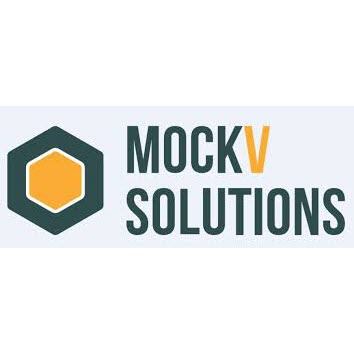
Rockville, MD – October 16, 2019 – MockV Solutions, Inc. (MockV or the Company), a company developing innovative products to analyze viral clearance during process development, announced today that it has signed a test and study agreement with REGENXBIO Inc. (REGENXBIO), Thermo Fisher Scientific Inc. (Thermo Fisher) and Texcell-North America, Inc. (Texcell NA) to evaluate MockV’s MVM-MVP Kit for predicting Minute Virus of Mice (MVM) clearance during adeno-associated virus (AAV) bioprocessing.
The intention of this test and study agreement is to determine if the non-infectious Mock Virus Particles (MVP) could be used as an accurate and economic indicator of MVM clearance during AAV purification process development studies, and to determine if MVM and Xenotropic Murine Leukemia Virus (XMuLV) clearance can be achieved through Thermo Fisher’s POROS® CaptureSelect™ AAVX affinity resin. Implementing affinity chromatography resins like POROS CaptureSelect AAVX enables a scalable platform approach to AAV downstream processing. However, it is unknown if model viruses such as MVM and XMuLV would separate from AAV during processing and enable viral clearance reduction claims. This collaboration will address this question through live viral clearance spiking studies (performed at Texcell NA).
The MVM-MVP Kit contains a non-infectious MVP spiking surrogate that mimics the physicochemical characteristics of MVM, a small and physiochemically resistant parvovirus used as a universal standard for assessing viral clearance during process validation studies.
“Affinity chromatography can contribute to viral reduction in the downstream processing of mAb therapeutics,” said Brandon Pence, Vice President and General Manager, Purification and Pharma Analytics at Thermo Fisher. “However, viral clearance is not well characterized in emerging therapeutic modalities like gene therapy. These studies have the potential to provide critical data and process parameter insights on the effect of affinity chromatography on viral clearance in AAV processes, as well as additional classes of viral vectors.”
Click here to read the entire Press Release.
